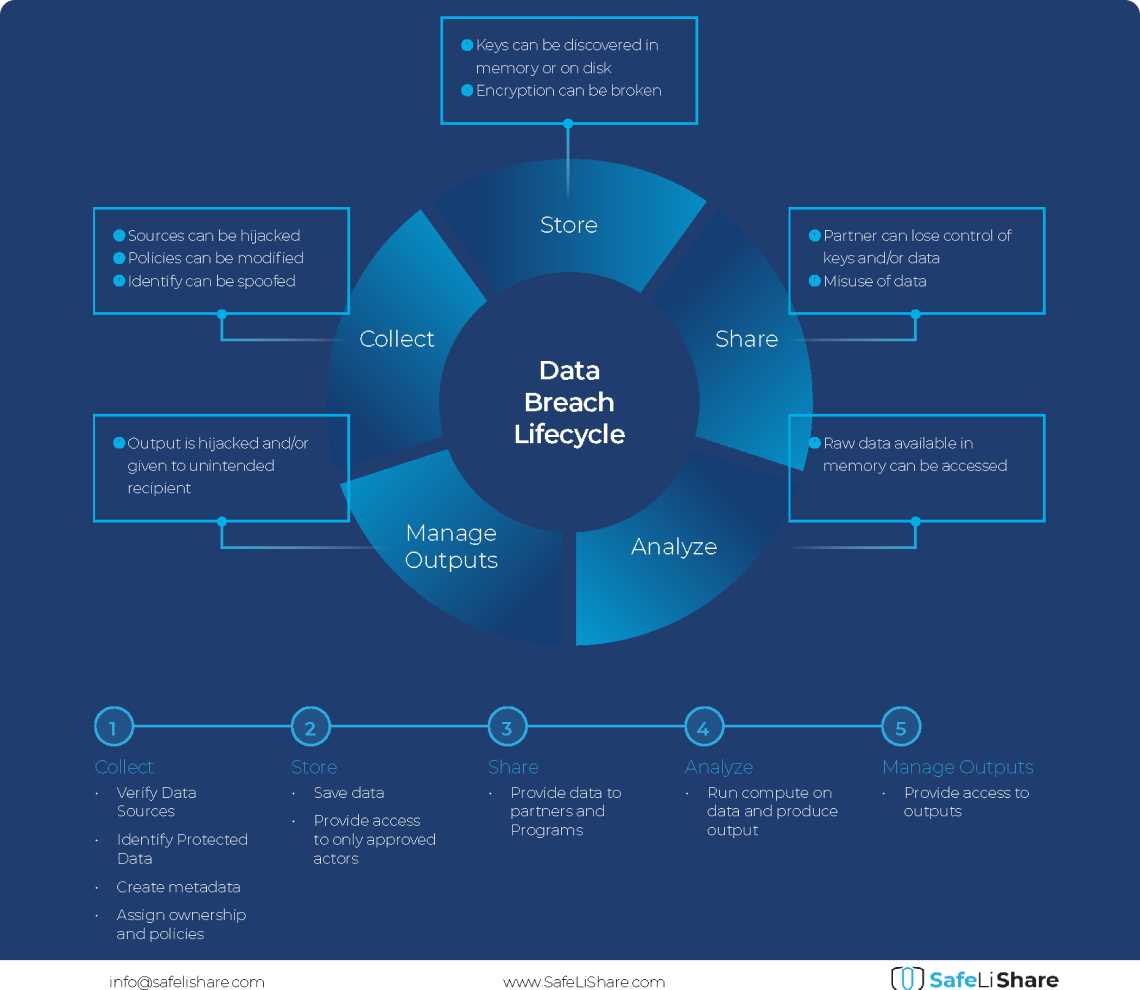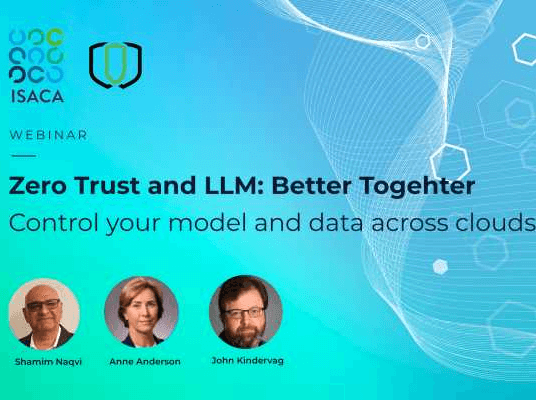Tamper-Proof Pharmaceutical Data Sharing
Data Reporting for Pharmaceuticals
Pharmaceutical industry relies on clinical data reporting by dispensing pharmacies on patient demographics, lab data and other clinical information for a variety of reasons such as gauging the effectiveness of the drugs, targeted marketing, recruitment for clinical trials etc.
In case of Specialty Pharmacies, it is even more pronounced as the pharmacies perform a clinical assessment for all patients of high-cost drugs and could provide information on patient lab results, vital signs and insights into patient clinical aspects (side effects, adverse events), behavioral aspects (adherence) and financial aspects (patient unable to pay for cost of drugs, coverage for copay or other financial assistance programs etc.) Health Systems could provide valuable information such as hospital admissions, readmissions, drug administration information etc.
HIPAA Protections and Requirements for PHI
HIPAA law requires healthcare entities to ensure Protected Health Information (PHI) is secured while at rest and transmission and only minimum required information is shared on a need to know basis for Healthcare Operations and Delivery. PHI by default could not be shared with Pharmaceutical companies without express written consent of the patient. While HIPAA permits sharing of de-identified clinical data for research and analytics purposes, key information specific to a patient admission date, medication administration times, Patient’s DOB that could be valuable are not shared due to HIPAA provisions
Secure Enclave in Confidential Computing
Secure Enclave is a dedicated area of hardware (in the processor) which is used to execute code in a secure and privileged manner. This code, or Trusted Execution Environment (TEE), is separate from the main part of the Operating System and provides an extra layer of security by running certain applications in isolation and with restricted access. The TEE also offers enhanced encryption technologies such as the use of hardware-enabled random number generators to authenticate transactions while defending against advanced attack vectors. Applications leveraging the Secure Enclave are required to be approved by chip manufacturer to ensure they meet strict security criteria before they can run on their device. Secure Enclave provides a secure environment where not only the PHI is encrypted and stored but allows compute. This means machine learning models or algorithms could be run on top of PHI and the data output could be de-identified while staying in compliance with HIPAA. An example of this would be a machine learning (ML) model identifying patterns for patient’s hospital admissions based on admit date, learning about medication administrations, drug concentrations etc. and deriving a meaningful output without having to require direct access to or exporting PHI.
Another example would be the Pharma Manufacturers could run specific algorithms to proactively identify patients not adherent with the drugs due to financial reasons, determine their eligibility for copay assistance and other financial assistance programs from the manufacturer or other Non-Governmental-Organizations (NGOs). These activities often requiring access to PHI can now be performed directly in the provider or pharmacy environment via secure enclave without having requiring direct access to PHI.
Secure Enclave also provides a tamper proof access and audit logging mechanism in line with HIPAA Technical Safeguard requirements.
HIPAA Technical Safeguard Requirements
The HIPAA Technical Safeguard requirements are technical measures to ensure the confidentiality, integrity, and availability of ePHI that organizations must implement within their information systems. These safeguards include data backup and disaster recovery plans, Authentication controls, Access control measures, Physical safeguarding of hardware and software systems, Audit logs and other monitoring activities. The organizations must also take steps to prevent unauthorized access to ePHI while it is in transit through networks or remote connections.
Confidential Computing Instances are Generally Available in Azure, AWS and GCP
Cloud compute platforms offer a variety of Confidential Computing instances. With the increasing demand for secure and reliable data processing, more enterprises are turning to confidential computing across clouds to host their applications and build secure services for multiparty data sharing and collaboration.
Increased Security and Privacy
When using a cloud computing platform, it is important to have secure enclaves in place to protect personal and sensitive data and application algorithms. We believe the future of cloud computing will be confidential computing on all instances. Encryption technology is used to protect data while providing necessary access rights, eliminating any potential algorithmic complexity attacks or supply chain threats during application operation or runtime. This ensures that the information stored is secure and safe from any outside interference or malicious activity.
Another benefit of using secure enclaves is that you can keep your data onsite without having to transfer it elsewhere. By bringing your application securely in secure enclave, you can access it immediately without having to wait for lengthy transfers or downloads from other systems. This allows businesses to quickly adapt the authorized applications as needed, saving valuable time and resources in the process.
Open up Better Research Insights, New Business Models & Revenue Streams
With the increased data collaboration and large scale federated learning project, SafeLiShare’s Secure Data Platform, powered by confidential computing, can bring the compute to data or data to compute for better data aggregation and secure collaboration without violating compliance requirements. This opens up new business opportunities for those looking for ways to monetize their services, data or research insights with full control on who, when and how the data and code assets are utilized.
Overall, hosting programs on your Cloud Compute Platform comes with many advantages such as enhanced security measures, flexible data transfer solutions and improved scalability – leading to faster response times for users regardless of location or device preferences. Furthermore, there’s also opportunity for organizations seeking new business models and revenue streams depending upon their specific needs -allowing them greater control with tamper-proof audit logs over sharing their products/services online securely while ensuring data remains private under tight encryption protocols at all times throughout its data lifecycle.
Suggested for you

February 21, 2024
RSAC 2024: What’s New
SafeLiShare unveils groundbreaking AI-powered solutions: the AI Sandbox and Privacy Guard in RSAC 2024

February 21, 2024
Cloud Data Breach Lifecycle Explained
During the data life cycle, sensitive information may be exposed to vulnerabilities in transfer, storage, and processing activities.

February 21, 2024
Bring Compute to Data
Predicting cloud data egress costs can be a daunting task, often leading to unexpected expenses post-collaboration and inference.

February 21, 2024
Zero Trust and LLM: Better Together
Cloud analytics inference and Zero Trust security principles are synergistic components that significantly enhance data-driven decision-making and cybersecurity resilience.
